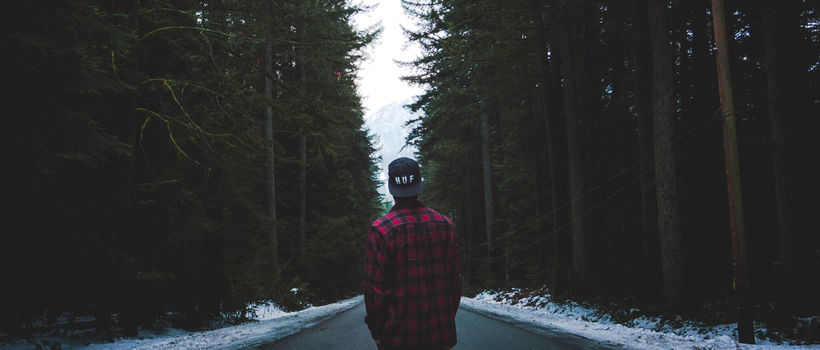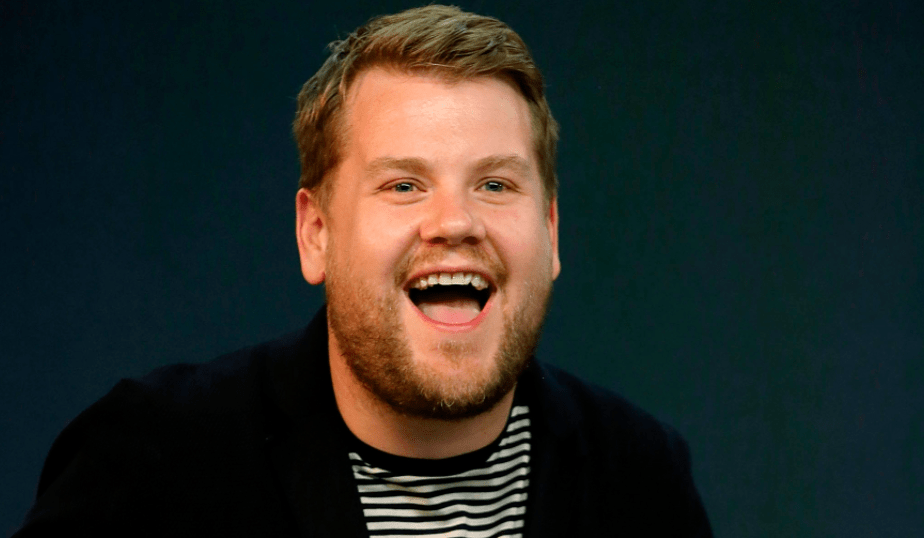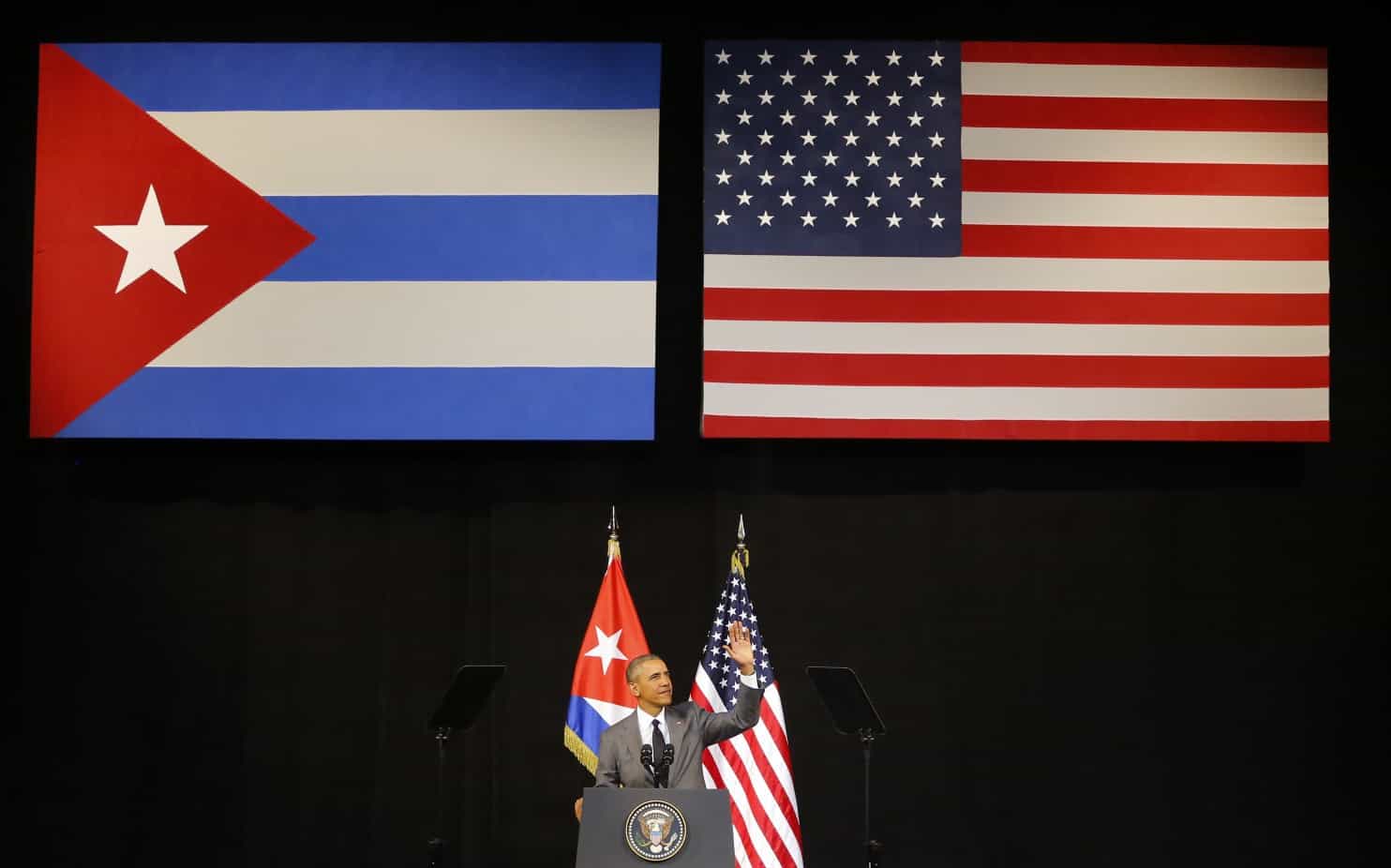
More than a decade ago, I asked my husband two questions that would change our lives forever. We had just put the kids to bed, and we were sitting under the stars on an upper floor deck of a vacation rental, enjoying the beguiling sound of palm trees rustling in the wind.
“What do you think is the biggest problem facing the world?” At the time, my husband was an ER doctor, chief of staff of the hospital. Most ER doctors don’t get paid vacations, so they have to work extra shifts in order to get away. My husband was exhausted, ready for some romantic time alone with his wife but he considered the question seriously. After a few moments, he replied, “The world is dying. Yeah, there’s other big problems—like war, and poverty, and greed—but if we don’t have a stage to play them on, then what’s the point?”
We talked for an hour or so more, getting more and more depressed about the state of the world. And then I asked the second monumental question of the evening: “So, if we care about the future of the children we just tucked into bed, what are we going to do about it?”
Secular humanists at the time, we embarked on a faith journey eventually finding our way to the Gospel of Matthew. It was clear that God’s purpose for His children was for them to partner with Him as agents of the grace and change we long to see materialize in the world. So, we responded. We simplified. We got rid of half of our possessions. We cut our fossil fuel bill by two-thirds and reduced our trash output and electricity bill by 90 percent. We began keeping the Sabbath, spending one day in seven at home, just resting, reading and being a family.
Eventually, my husband came home with a decision, “I’m going to quit my job to spend the rest of my life serving God and helping his Kingdom advance.”
My response: “Honey, are you sure we need to do that much about it?”
With two young kids, I was worried about how to put food on the table let alone how to pay for their college. There were sleepless nights. And long conversations but eventually, we sold our home and began learning what it means to walk in faith. Along the way, our kids learned to work hard. We grew much closer and more joyful as a family. And our ministry has been blessed far more generously than we deserve.
Before we embarked on this big life change, life was good. But it wasn’t great, not great in any of the ways that really matter. Generosity, spiritual well being, meaning and contentment were largely missing. Until God became the center of our family, we didn’t really even understand what it meant to love, sacrifice or walk in faith.
If I could beam back to that barrier island in the Gulf of Florida and share a few pointers with my younger self before she took a leap of faith, here are the things I would share:
Don’t settle for good enough.
Before our big life change, we lived in a picture-perfect village just north of Portland, Maine. Safe neighborhoods, good schools, nice friends. The slogan of Maine is “The way life should be” and in many respects, our life was good. My husband had a secure job doing good work. But there was nothing great about our lives—nothing that took us outside of our secular humanist worldview that told us that science and logical reasoning would teach us the meaning of life. Until we risked our secure little lives for something bigger, we could not even begin the journey of answering why are we here.
Don’t fear.
I used to joke that “worry” was my middle name. I worried about the kids, their teachers, our retirement savings, nuclear war and a whole lot of things that I have absolutely no control over—including pretty much all of the news I heard on the radio or read in the newspapers. What I didn’t understand is that all of that worrying was keeping me from focusing this wisp of time granted here on earth to do on the things that actually mattered. The bible says “Fear not.” 365 times—enough for everyday of the year. It wasn’t until I recognized that fear is the antithesis of faith that I began to know lasting peace.
Live below your means.
We could not have answered God’s call if we had been in debt. It doesn’t matter how big or small your salary is—nearly all of our doctor friends lived paycheck to paycheck, and one even declared bankruptcy. Because we had savings, leaving our jobs was scary but not foolish. Frugality requires you to live counter-culturally. It demands self-discipline and sacrifice, but the payoff is huge. Last June, our son graduated from his medical residency. He and his wife have lived very modestly for the six years of their marriage. Next fall, they will leave for the mission field debt-free. Their sending agency, rightly so, would not allow them to go to Africa if they had not faithfully practiced simplicity for years in preparation for their calling.
Sabbath. Every. Week.
Yes, we work hard. But since we became Christians a dozen years ago, we have practiced Sabbath each week. There is always the temptation to do more—one more email to answer, one more speaking engagement, one more blog post. Sabbath has been the single best gift that we have given to our marriage, our kids and our relationship with God. I doubt we would still be in ministry—or married—if we did not drop everything and rest in God one day out of seven. Impossible, you say? Our kids kept the Sabbath through an academically rigorous high school, college, medical school and residency, where you are “only” allowed to work 80 hours per week—not including the paperwork that you bring home. They not only survived but thrived, graduating top of their class because they had something none of their peers had—a day off with no homework, no jobs, no email, just filled with family, friends and God.
Love abundantly.
Before we made our big life change, I had a scarcity mindset. Giving away anything—money, time, power, prestige—was unsettling because it meant there would be less for me. I epitomized the opposite of generous. I held tightly. I controlled. As we let go of the steering wheel and began to learn what it means to trust God, I had an epiphany: it all belongs to God—all of our money, all of our time, each hour of every day. Every time I give something away, I get a glimmer of what it means to love like Christ.
Last fall, we were in Charleston with a small group of friends. A pastor, Boyd Bailey, led our morning devotional for three consecutive mornings. Each day, we focused on one of these wisdom-filled phrases: Do your best. Trust God for the rest. And rest in Him.
That’s the advice I wish I heard a dozen years ago before taking a leap of faith. And that’s the advice I still need to repeat to myself each day.






















